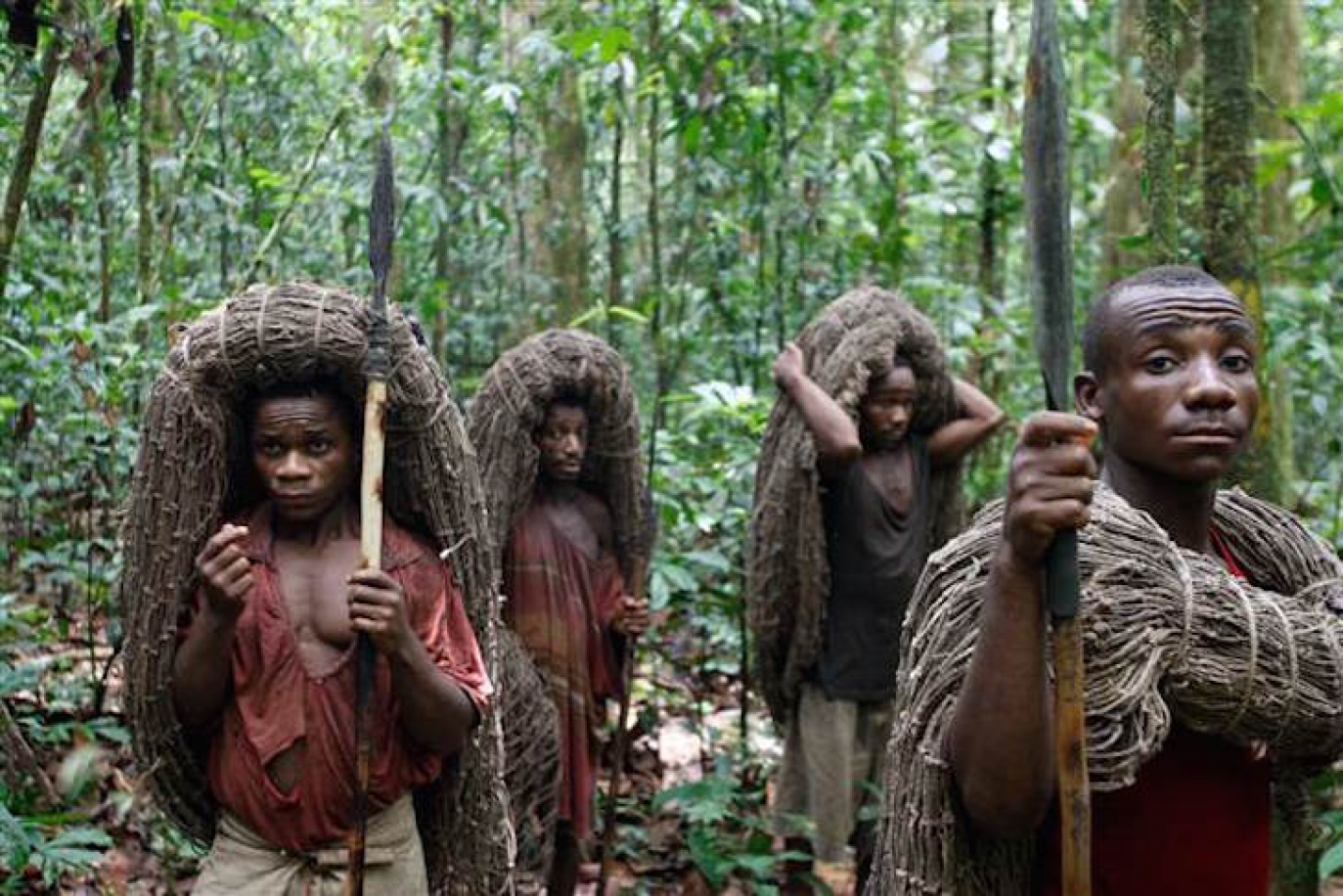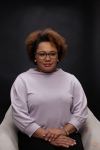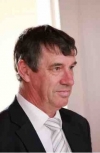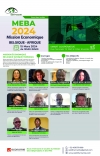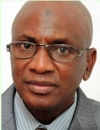source photo: Top inspired
By Kabakura Jean Bosco Ceusi
Cameroon, thousands of Pygmies, Mbororo and Kirdis, considered indigenous people, are protesting against the country’s Anglophone separatists on August 9, World Indigenous Peoples Day.
Indigenous people said the rebels target their peers in English speaking western regions and the conflict has prevented thousands of their children from obtaining legal documentation of birth and access to education.
Stories shared
Scores of indigenous people share stories of their daily challenges at the city council courtyard in Cameroon’s capital Yaoundé.
Ibrahim Aissatou, 25, is an activist for the emancipation of indigenous people. She said she is among activists and non-governmental organizations taking stock of grievances presented by the indigenous people.
“We come out with recommendations that we propose to the government to make sure that they (the government) take them into consideration for inclusion of indigenous people into the society. Indigenous people continue to face problems of access to health facilities, obtaining official documents like birth certificates and even ID cards (identification documents)," Aissatou told VOA "Young girls continue to suffer violence such as early and forced marriages.”
Farmers and cattle ranchers
A majority of the Pygmies are hunters living in Equatorial rainforests in the central African state’s eastern border with Central Africa Republic. The Kirdis live in northern mountains between the Chad and Nigeria borders, while the Mbororos live near Cameroon’s western border with Nigeria and the northern border with Chad. Most of them are farmers and cattle ranchers.
Jaji Manu Gidado is honorary president of the Mbororo Cultural and Development Organization, or the MBOSCUDA. He said the Mbororo community wishes to inform the international community on World Indigenous Peoples Day that they are victims of rebel attacks. Gidado said about 260 Mbororo people have been killed and 3,210 injured. He said 12,000 Mbororos have been displaced, 525 homes burned and looted, and 2,700 cattle seized or killed.
“The point that disturbs me is the fact that at the moment when we convinced all the Mbororo people to send their children to school, it is the time that these guys (separatist fighters) started burning the schools and asking people not to go to school,” Gidado said.
Ransom paid
Separatists have been fighting to create an independent state in Cameroon’s English-speaking western regions where many Mbororos live. Gidado said Mbororo people have paid $400,000 as ransom to fighters since the crisis in Cameroon degenerated into an armed conflict in 2017.
Gidado said fighters sell cattle seized from Mbororos ranchers to raise money and buy weapons. Separatists have on social media denied the accusation and instead accuse Cameroon military of disguising themselves as fighters and stealing cattle. The military said its troops are professional and respect people’s rights.
Cameroon said there are over 2.5 million indigenous people among a population of over 25 million. About 1.5 million are Mbororos. Pauline Irene Nguene is Cameroon’s minister of social affairs focusing on the wellbeing of indigenous people.
Call for respect
Nguene said the needs of indigenous people in Cameroon will never be neglected in all government plans to improve the living conditions of civilians. She said the main message on the 27th World Indigenous Peoples Day is that Cameroonians should change their attitudes towards indigenous people. She said indigenous people should be given more consideration and respect in their daily activities.
Nguene said the government will continue to protect indigenous people from separatist fighters as it protects other civilians. She advised Mborors to report suspected fighters whom she said are hiding in their midst. Cameroon has always advised indigenous people to mobilize and send their children to school. The government said education is the only means marginalized communities can chart their destinies and make decisions for the future.

